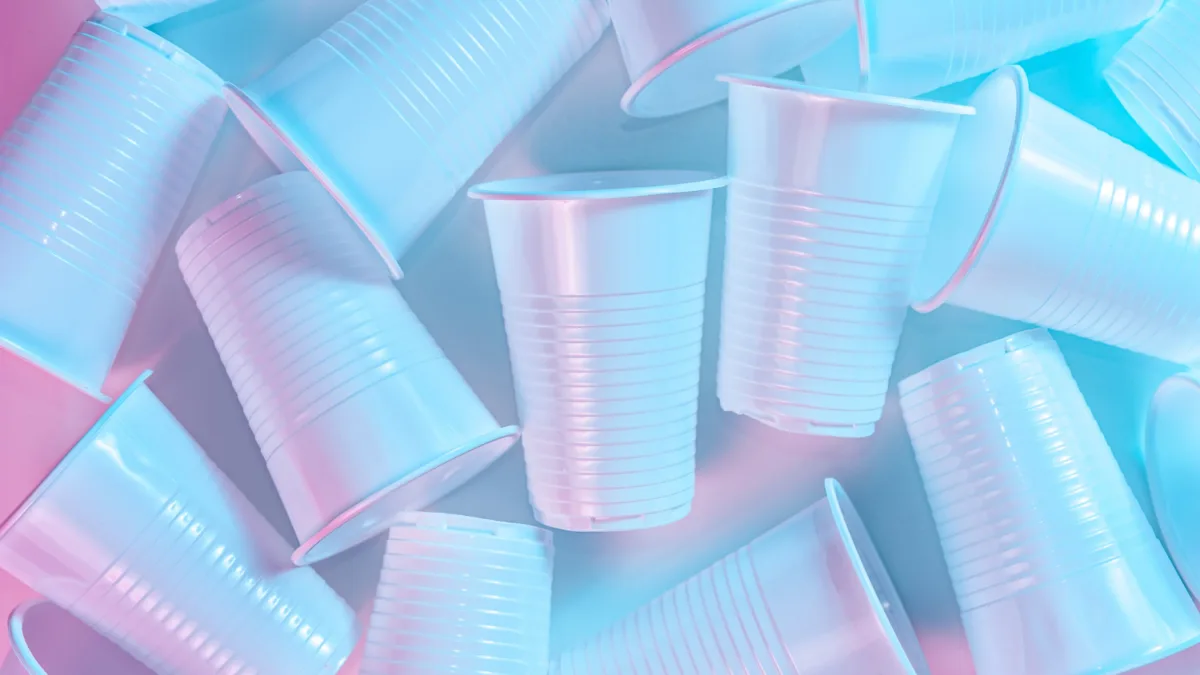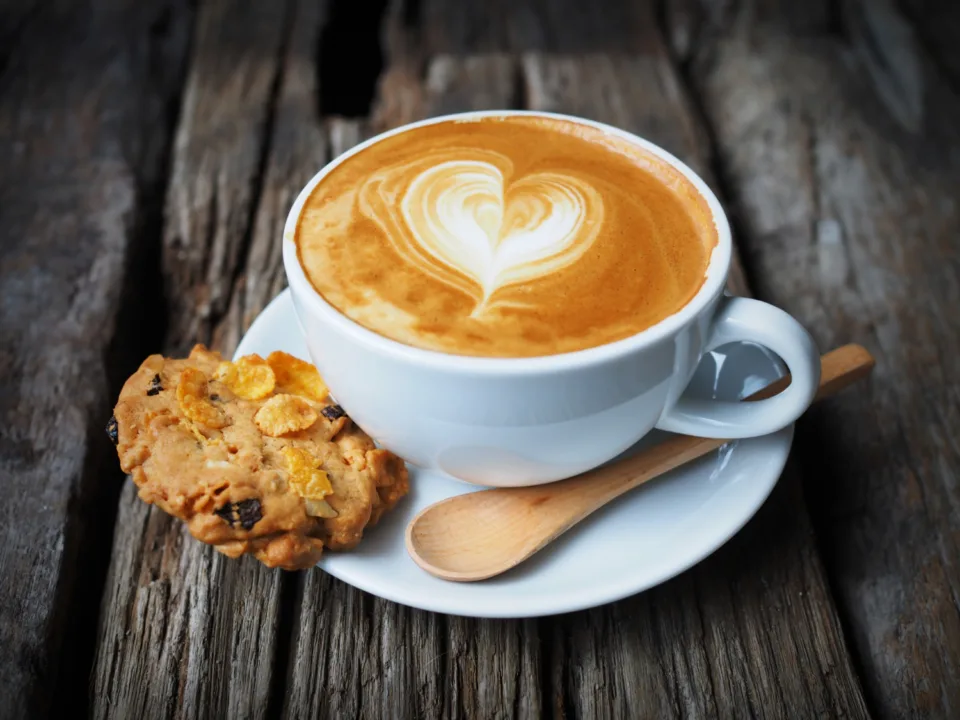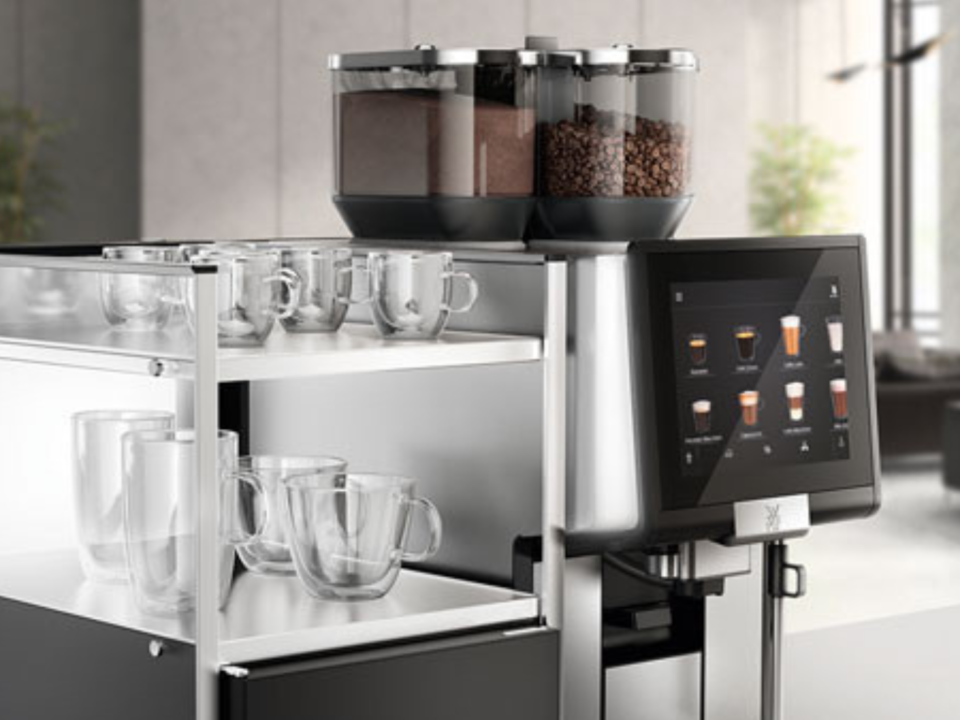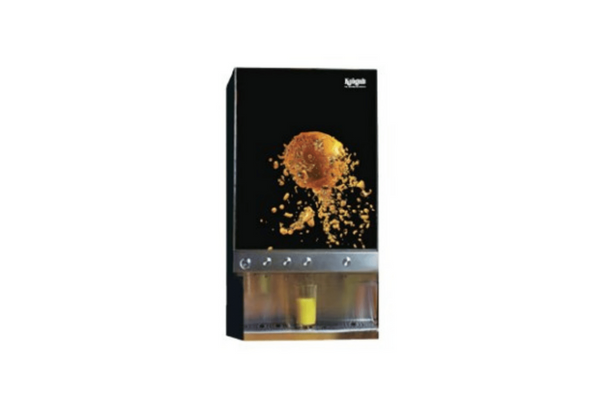Plastic pollution is a pressing issue worldwide, with devastating consequences for ecosystems and wildlife.
In England alone, research shows that approximately 2.7 billion items of plastic cutlery and 721 million single-use plates are used each year, with only 10% recycled.
The impact of this plastic waste on the environment is alarming, as it takes centuries to decompose, releasing harmful chemicals and endangering marine life.
The Benefits of the Single-Use Plastics Ban for Businesses
Increased Customer Satisfaction
The ban presents an opportunity for businesses, particularly those in the hospitality industry, to enhance the overall customer experience.
Offering reusable or biodegradable alternatives to single-use plastics can align businesses with environmentally conscious consumers.
Cost-Effectiveness and Profitability
Contrary to common belief, transitioning away from single-use plastics can be economically advantageous for businesses.
While there may be an initial investment in alternative packaging or equipment, the long-term cost savings can be significant.
By reducing the need for single-use plastics, businesses can save on expenses associated with purchasing and disposing of these items.
Beyond the Single-Use Plastics Ban
The single-use plastics ban is just one aspect of the UK government’s strategy to tackle plastic pollution and promote sustainability.
Several other initiatives complement the ban and create a more environmentally friendly future.
Extended Producer Responsibility
The Local Government Association (LGA) has called on the government to introduce extended producer responsibility to incentivise producers and companies further to reduce waste and increase recyclable packaging.
This approach would hold producers accountable for the lifecycle of their products, encouraging them to adopt more sustainable practices and reduce their environmental impact.
Bans on Other Single-Use Plastics
The ban on single-use plastics builds upon previous legislation addressing specific types of plastic items. Bans on plastic straws, stirrers, cotton buds, and a single-use carrier bag charge are in place.
These measures have significantly reduced the consumption and disposal of these items, demonstrating the effectiveness of targeted regulations in curbing plastic waste.
Plastic Packaging Tax
In April 2022, the government introduced the Plastic Packaging Tax, which imposes a tax on plastic packaging manufactured or imported into the UK that contains less than 30% recycled plastic.
This tax encourages businesses to use recycled plastic in their packaging, reducing the demand for virgin plastic and promoting a circular economy.
Reducing Single-Use Plastic Cups
As businesses adapt to the single-use plastics ban, investing in commercial juice machines and coffee machines can play a crucial role in reducing the consumption of single-use plastic cups.
These machines offer a convenient and eco-friendly alternative to pre-packaged beverages. By offering a variety of freshly squeezed juices, businesses can provide customers with a refreshing and customisable beverage experience without the need for disposable cups.
Commercial juice machines and coffee machines empower customers to create their drinks, allowing them to choose their preferred flavours and customise their beverages according to their taste preferences.
This level of control enhances customer satisfaction and reduces the demand for single-use plastic cups. As a result of their energy-saving features, these machines are more environmentally friendly.
A Step Towards a Sustainable Future
The UK single-use plastics ban marks a significant milestone in the ongoing fight against plastic pollution. The government aims to reduce waste, protect the environment, and promote sustainability by restricting the supply and sale of certain single-use plastic items.
The ban and other government initiatives pave the way for a more sustainable future, where the detrimental impact of plastic pollution is minimised, and responsible business practices are prioritised.
Businesses can adapt to this ban by increasing customer satisfaction, reducing costs, streamlining operations, and adopting eco-friendly alternatives like commercial juice machines for beverage services.




